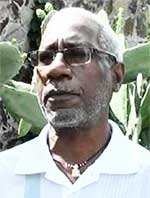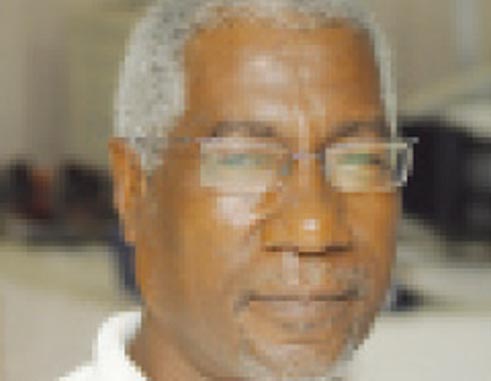
The horses are ready and the race is on.
Well, almost…
On the third anniversary of the third consecutive General Elections in which Saint Lucians voted to change government on June 6, 2016, the ruling United Workers Party (UWP) and the opposition Saint Lucia Labour Party (SLP) both virtually launched their campaigns for the next.
Both major parties have indicated they are ready for the next national election derby in which all horses race to the finish in a ‘first past the post’ contest that’s increasingly being seen by more as the ‘Rat Race’ that Bob Marley sang about so many blue moons ago.
Elections here and across the English-speaking Caribbean, like in Britain from whence cometh our model, revolve around parties choosing the right horses for the courses, selecting candidates they hope can win seats and help create the majority of MPs needed to form the next government.
Naturally, securing a parliamentary majority is each contesting party’s major priority. But candidate selection is the hardest task of all, as the prospective candidate should be someone who can and will do three things well enough: Represent the constituency in parliament, serve as its elected representative — and have what it will take to be a cabinet minister.
Parties go into elections with the best slates they can muster and whichever wins, the leader’s next migraine headache is to form a government with whatever team he or she is blessed or saddled with.
Like everywhere else, victorious first-time candidates in the winning party end-up practically learning on the job in the three departments, which takes time – and with costly mistakes.
Caribbean history is replete with similar examples wherever the concept of the Westminster Model is applied, in whatever formula.
It’s the same with appointment of senators, who invariably end-up including losing candidates and prominent voters expected to play their roles as ‘independents’.
But these problems can all be addressed if the right thinking goes into the process of preparation for candidate selection and senatorial appointments.
I’ve always advocated establishment across the Caribbean of an independent, bipartisan or multi-party mechanism to prepare persons for candidacy.
Such a Government-funded entity, established with bipartisan parliamentary support, would engage interested parties and individuals in bilateral and multilateral workshops and training sessions, not just ahead of elections but all-year-round — and in between.
Parties don’t even have to start by learning together. They can test the waters by first arranging better and more appropriate internal mechanisms to ensure that prospective candidates know, well in advance, what they are going into – win or lose.
We’ve seen it all before: New candidates win seats full of pep and zest, only to fail to deliver in one or all of the three capacities they had to serve all-in-one and at-the-same-time. Likewise, many first-time greenhorns decide to opt ‘out of politics’ after their first loss, citing and counting ‘costs’ as financial losses instead of initial investments in their political future.
The proposed approach, adopted wherever and in whatever form, can do well to help parties not only choose candidates who can win, but to also create serious politicians who will well or better play their respective roles thereafter, whether as Government Ministers, Opposition MPs or Senators.
I’ve been told this is all ‘just wishful thinking’, since opposing Caribbean parties will take forever to develop the will to trust each other enough to cooperate on anything.
But I maintain that while nothing happens before its time, it’s always good to have a positive disposition with good intentions.













